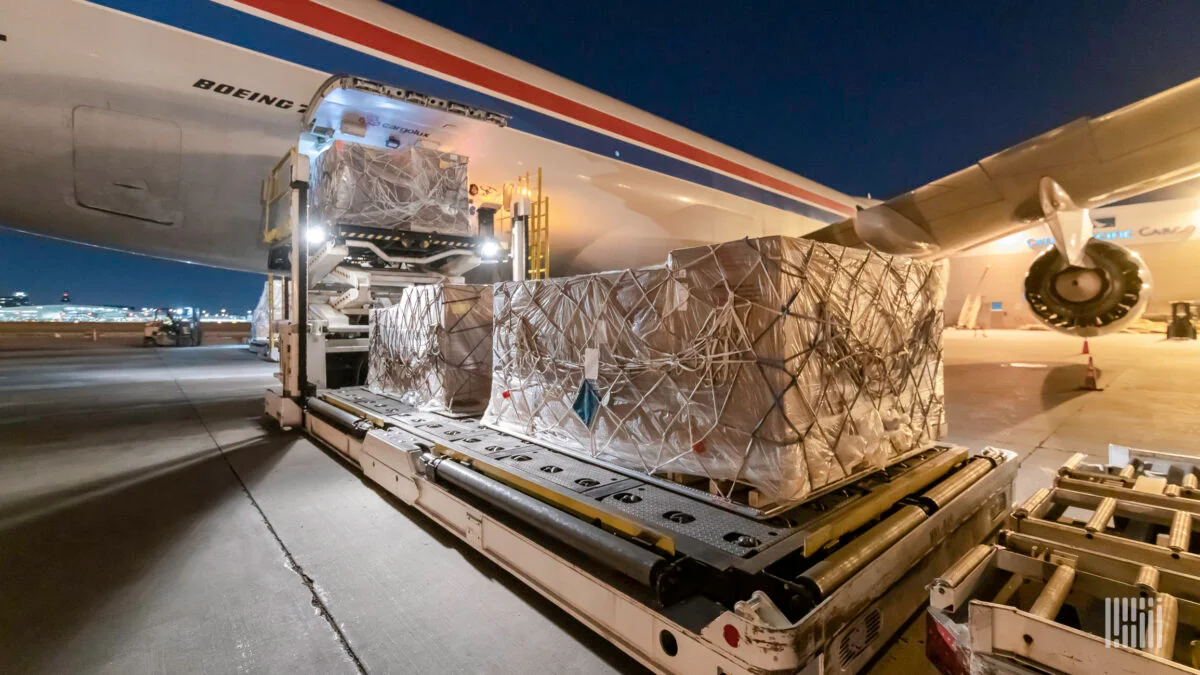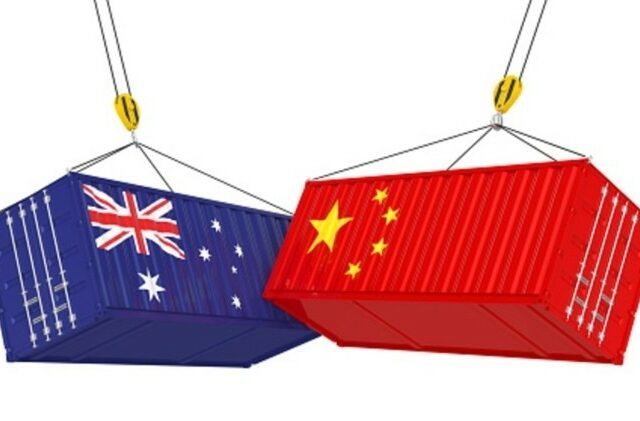
The Impact of E-commerce Growth on Air Freight in the Netherlands
The digital transformation of retail has revolutionized the way we shop, and the Netherlands has been at the forefront of this shift.
With an increasing number of consumers turning to online platforms for everything from groceries to high-end electronics, the demand for swift and efficient delivery systems has surged. Air freight has emerged as a crucial component in meeting these demands, bridging the gap between global suppliers and the Dutch e-commerce market. But what does this mean for the air freight industry, and how is it shaping logistics strategies in the Netherlands?
The Rise of E-commerce in the Netherlands
The Netherlands has experienced remarkable growth in its e-commerce sector over the last decade. According to recent studies, online retail sales have consistently risen by double digits, fueled by high internet penetration, consumer confidence, and advanced digital infrastructure. Popular platforms like Bol.com, Coolblue, and international giants like Amazon and Zalando dominate the market, driving an ever-increasing need for streamlined logistics.
Key sectors driving this growth include fashion, electronics, and health products. Additionally, the COVID-19 pandemic played a pivotal role in accelerating online shopping trends, as consumers became reliant on digital platforms for essentials. This growth has placed enormous pressure on logistics providers, especially those handling time-sensitive shipments.
How E-commerce Growth Fuels Air Freight Demand
One of the defining features of e-commerce is the expectation of speed. Customers demand same-day or next-day delivery, particularly for high-value goods. This sense of urgency has transformed the logistics landscape, with air freight becoming the preferred mode of transportation for many retailers. Unlike other forms of transportation, air freight offers unparalleled speed and efficiency, making it ideal for perishable goods, electronics, and fashion items.
Statistics show that e-commerce accounts for a significant portion of air freight volumes in Europe, with the Netherlands acting as a central hub. With increased cross-border shopping, air freight has become indispensable in ensuring that goods arrive at their destinations on time, whether they originate from Asia, North America, or within Europe.
Strategic Role of Dutch Airports in E-commerce Air Freight
The Netherlands’ strategic location and advanced infrastructure make it a leader in air freight logistics. Schiphol Airport, one of the busiest cargo airports in Europe, plays a pivotal role in supporting e-commerce. Equipped with state-of-the-art facilities, the airport handles millions of tonnes of cargo annually, much of which is tied to online retail.
Schiphol’s proximity to key European markets, combined with its innovative cargo handling systems, has positioned it as a hub for e-commerce. Warehousing facilities near the airport are tailored for rapid processing, ensuring that shipments meet tight delivery schedules. Furthermore, collaborations with freight forwarders and integrators enhance efficiency, making Schiphol a preferred choice for global retailers.
Challenges of Air Freight Amid E-commerce Growth
While the surge in e-commerce has benefited the air freight industry, it also presents unique challenges. One of the most pressing issues is capacity. Aircraft space is finite, and the unprecedented increase in demand often leads to bottlenecks, particularly during peak seasons like Black Friday and Christmas.
Operational costs are another concern. The rising price of fuel, coupled with labor shortages and inflation, has put pressure on air freight rates. For e-commerce businesses, these costs can impact profitability and force companies to re-evaluate their supply chain strategies.
Environmental concerns also loom large. Air freight has a significant carbon footprint, and with consumers becoming more eco-conscious, there is a growing demand for sustainable solutions. Balancing speed with environmental responsibility is a critical challenge for the industry moving forward.
The Competitive Advantage of the Netherlands in Air Freight
The Netherlands holds a unique position in the global air freight landscape, thanks to its strategic location and robust logistics infrastructure. The country serves as a gateway to Europe, offering seamless connectivity to major markets. Its dense transportation network, including roads, railways, and ports, complements air freight operations, creating a holistic logistics ecosystem.
Collaboration between e-commerce players and logistics providers is another strength. Partnerships with global giants like DHL, UPS, and FedEx ensure that the Netherlands remains competitive in the fast-paced world of e-commerce. Moreover, the country’s emphasis on innovation and sustainability enhances its appeal as a hub for modern logistics.
Impact on Small and Medium Enterprises (SMEs)
E-commerce and air freight have opened new doors for Dutch SMEs, enabling them to compete in global markets. Traditionally constrained by geographical limitations, SMEs can now reach customers worldwide through efficient logistics networks. Air freight ensures that products like fresh produce, specialized machinery, and artisanal goods can be delivered quickly and in optimal condition.
However, high costs associated with air freight remain a challenge for smaller businesses. To address this, many SMEs collaborate with freight forwarders or join e-commerce platforms that offer logistics support. These partnerships help mitigate costs and ensure that SMEs can take full advantage of the global marketplace.
The growth of e-commerce has undeniably reshaped the air freight industry in the Netherlands. From fueling demand for faster logistics to driving innovation and sustainability, the impact is profound. While challenges like capacity constraints and environmental concerns persist, the sector is responding with resilience and creativity. As the Netherlands continues to solidify its position as a global logistics hub, the collaboration between e-commerce and air freight will only deepen, promising a future of efficiency and growth.
FAQs
How has e-commerce affected air freight in the Netherlands?
E-commerce has significantly increased demand for air freight in the Netherlands, as consumers expect faster deliveries and global trade intensifies. Airports like Schiphol have adapted to handle higher volumes of e-commerce cargo efficiently.
Why is Schiphol Airport important for e-commerce logistics?
Schiphol Airport serves as a major hub for air freight, offering advanced infrastructure, strategic location, and efficient cargo handling systems that are essential for supporting the e-commerce boom.
What challenges does air freight face due to e-commerce growth?
Challenges include capacity constraints, rising operational costs, and environmental concerns. The sector is working on innovative solutions to address these issues.






